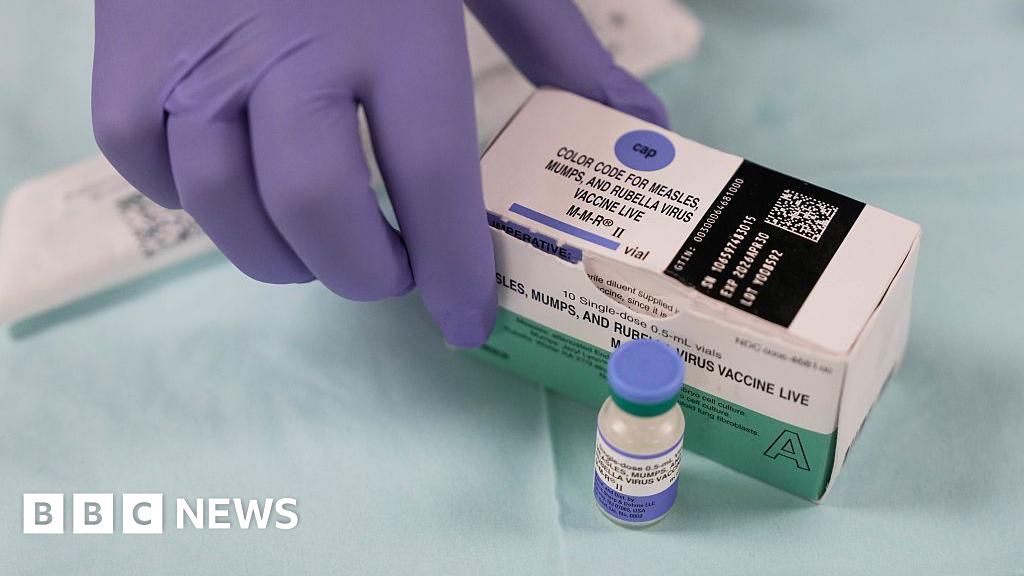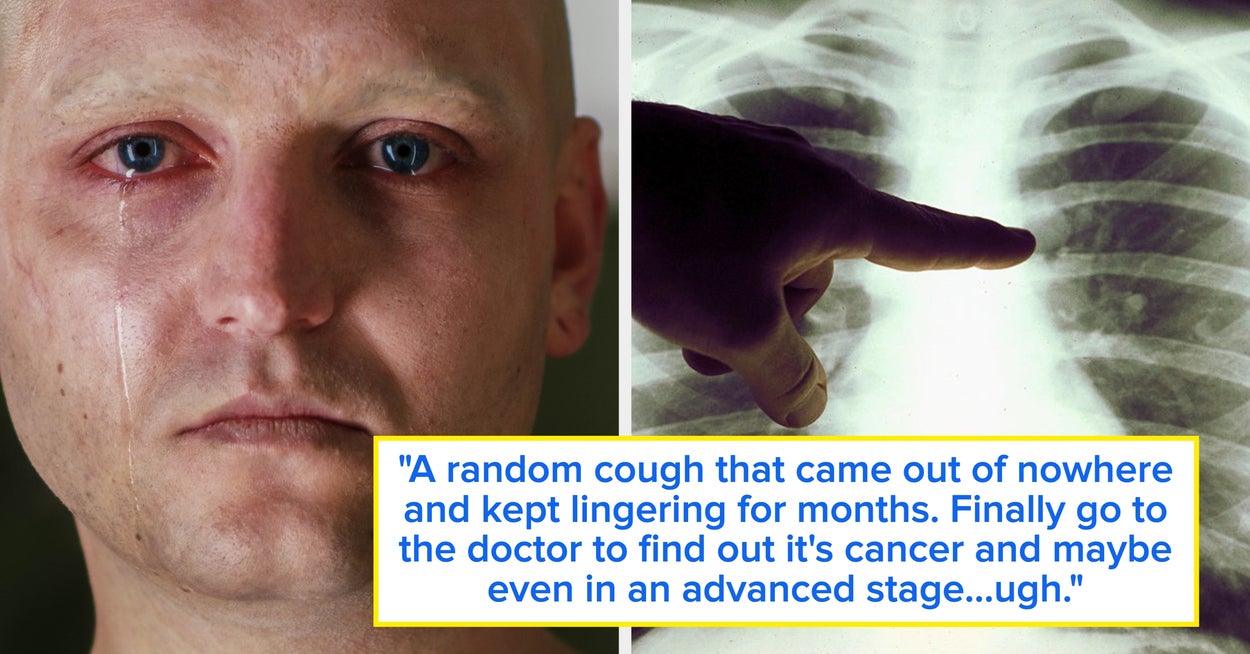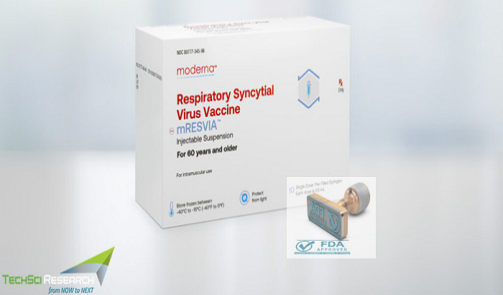Measles Outbreak in the US: A Concerning Milestone

Introduction
The US is currently facing a measles outbreak, with the number of cases reaching a 33-year high. This is a concerning milestone for a disease that was once thought to be eliminated in the country.
Background
Measles is a highly contagious viral infection that spreads through the air when an infected person coughs or sneezes. It can be prevented with a vaccine, but it can have serious complications, especially in young children. In 2000, the Centers for Disease Control and Prevention (CDC) declared that measles had been eliminated in the US, meaning that the disease was no longer constantly present in the country.
Current Scenario
However, in recent years, there has been a rise in the number of measles cases in the US. According to the CDC, from January 1 to April 26, 2019, there have been 704 confirmed cases of measles in 22 states. This is the highest number of cases since the disease was declared eliminated in 2000. The majority of these cases are linked to an ongoing outbreak in New York, where the disease has spread among unvaccinated individuals in Orthodox Jewish communities.
The rise in measles cases in the US can be attributed to various factors. One of the main reasons is the growing anti-vaccine movement, which has led to a decrease in vaccination rates. This has created an environment where the disease can easily spread, especially among vulnerable populations such as children and those with weakened immune systems.
The consequences of the current measles outbreak are not just limited to the US. The disease has also been spreading in other countries, including in Europe, where there have been more than 60,000 cases reported in the first few months of 2019. This is a stark reminder that diseases like measles do not respect borders and can easily spread in our interconnected world.
Conclusion
The ongoing measles outbreak in the US highlights the importance of vaccination and the dangers of misinformation. It is crucial for individuals to get vaccinated to protect themselves and the community from preventable diseases like measles. The CDC recommends that all children receive two doses of the measles, mumps, and rubella (MMR) vaccine, and adults who have not been vaccinated or are unsure should get at least one dose. Let's work together to stop the spread of measles and protect the health of our communities.
About the Organizations Mentioned
US Centers for Disease Control and Prevention
The **U.S. Centers for Disease Control and Prevention (CDC)** is a premier federal public health agency under the U.S. Department of Health and Human Services, headquartered in Atlanta, Georgia. Founded on July 1, 1946, as the Communicable Disease Center, it evolved from the World War II-era Malaria Control in War Areas program, initially tasked with controlling malaria around military bases in the southern United States[1][2][3][5]. Its mission has expanded significantly to encompass disease prevention, health promotion, environmental health, and emergency preparedness. The CDC's early focus was on infectious diseases such as malaria and typhus, with major efforts including mosquito abatement and spraying millions of homes with DDT to combat malaria[2][4]. Over time, it broadened its scope to include polio, smallpox, chronic diseases, injury prevention, toxic chemicals, occupational health, and health statistics[4][5]. The agency also developed a reputation for "shoe-leather epidemiology," conducting field investigations to identify and control outbreaks[6]. Key achievements include managing the 1955 polio vaccine crisis, which restored public confidence in immunization programs, and guiding national influenza vaccination policies after the 1957 epidemic[6]. The CDC established the National Center for Injury Prevention and Control in 1992, highlighting its role in addressing broader public health issues[2]. It also operates advanced biosafety level 4 laboratories and maintains operations domestically and internationally[4]. Today, the CDC serves as a global leader in epidemiology and public health science, providing vital data, health education, disease surveillance, and grants to improve health outcomes. It consolidates expertise across infectious diseases, immunization, environmental health, and health promotion, partnering with academia, industry, and governments worldwide[5][9]. Its blend of scientific innovation, field investigation, and public health leadership makes it a cornerstone institution in global health security and emergency response. Notable aspects include its historica
Orthodox Jewish communities
Orthodox Jewish communities are not a single organization but rather a collective term for various groups within Orthodox Judaism, a conservative branch of Judaism that adheres strictly to traditional beliefs and practices. Here's a comprehensive overview: ## History and Background Orthodox Judaism emerged in the mid-19th century as a response to the liberalizing trends of Reform Judaism. It emphasizes strict adherence to the Hebrew Bible and Jewish law (halakhah), maintaining traditional practices such as separate seating in synagogues and strict dietary laws[2][4]. Key historical figures and events, such as the establishment of the Union of Orthodox Rabbis of the United States and Canada in 1902, have shaped its development[5]. ## Key Aspects and Achievements Orthodox Jewish communities are known for their strong emphasis on religious education and observance. They have established numerous institutions, including yeshivas and synagogues, which serve as centers for study and worship. Notable achievements include the resilience of Orthodox communities in the face of historical challenges, such as the Holocaust, and their growth in modern times due to high birth rates and strong communal support[4]. ## Current Status Today, Orthodox Judaism is the largest Jewish religious group, with approximately two million adherents worldwide[4]. In the United States, about 10% of the Jewish population identifies as Orthodox[2]. The community continues to grow, with a strong focus on preserving traditional practices while engaging with contemporary society, as seen in the Modern Orthodox movement[2]. ## Notable Aspects A notable aspect of Orthodox Judaism is its diverse streams, including Haredi (ultra-Orthodox) and Neo-Orthodoxy, which balance isolation with engagement in modern society[2][4]. Organizations like the Orthodox Union provide support through initiatives such as kosher food certification and youth outreach[8]. Additionally, the presence of enclaves in places like Brooklyn highlights the community's ability to maintain cultural identity within urban settings[6]. While



















